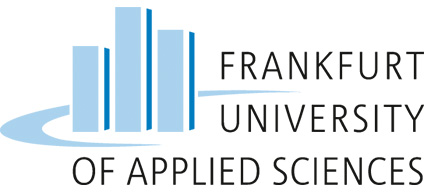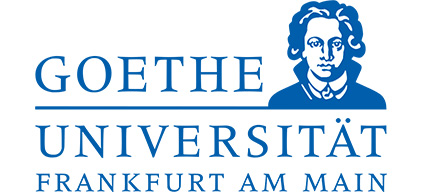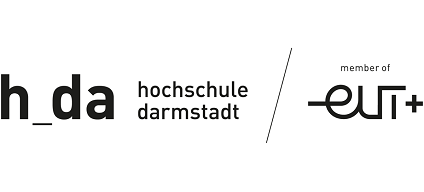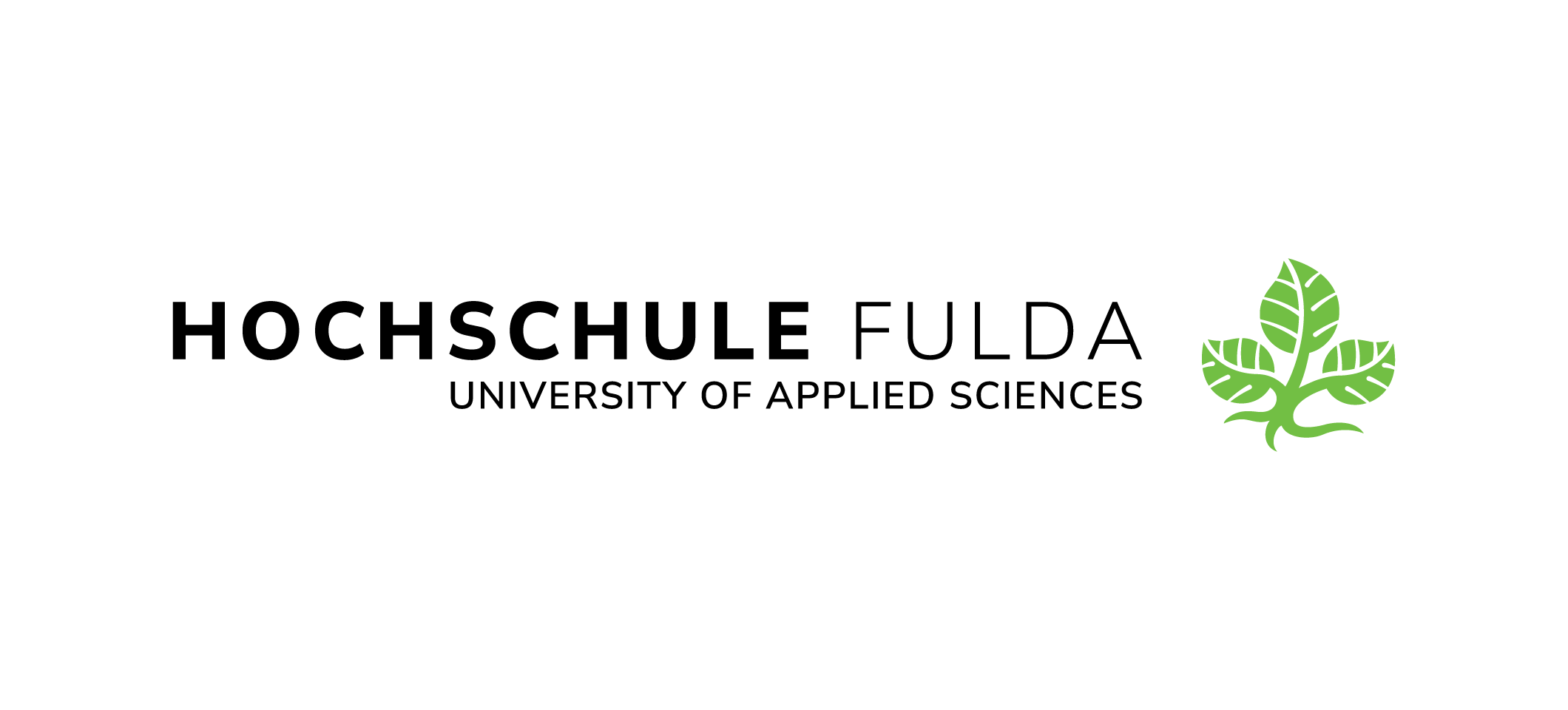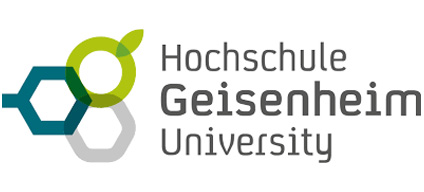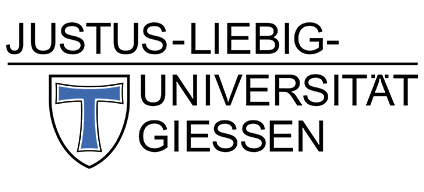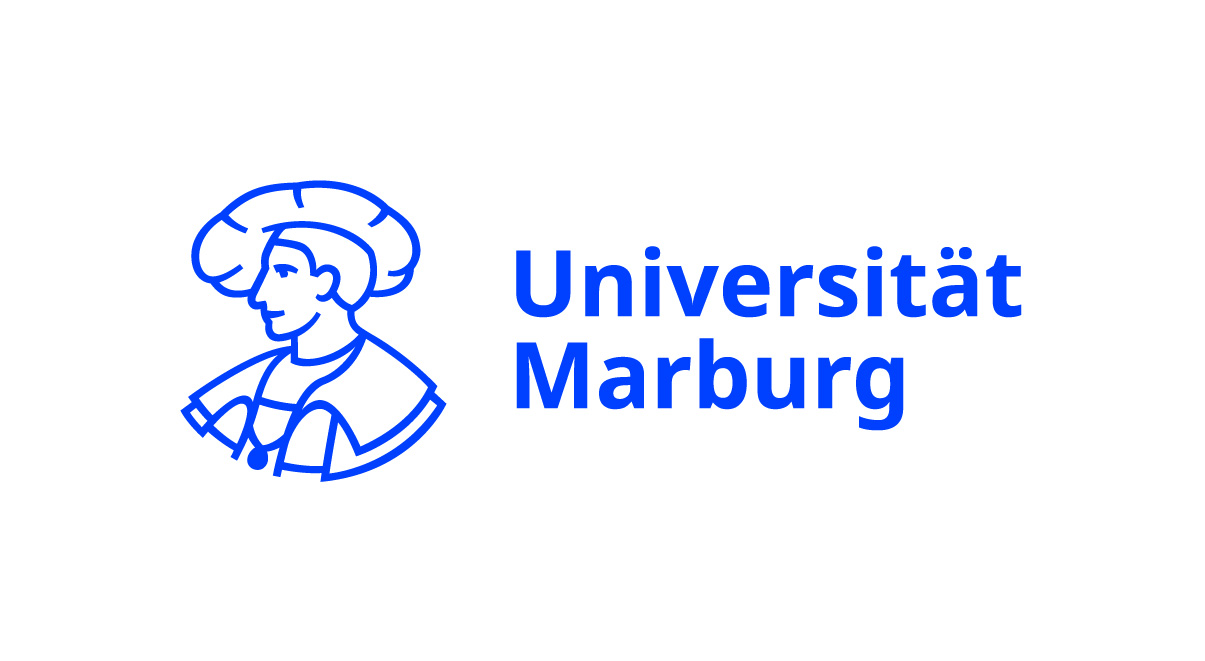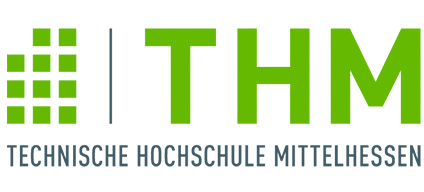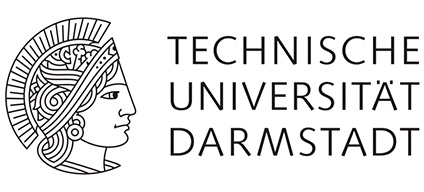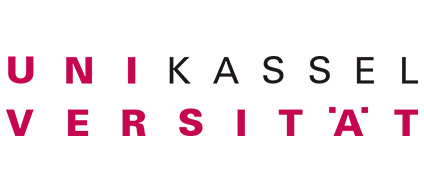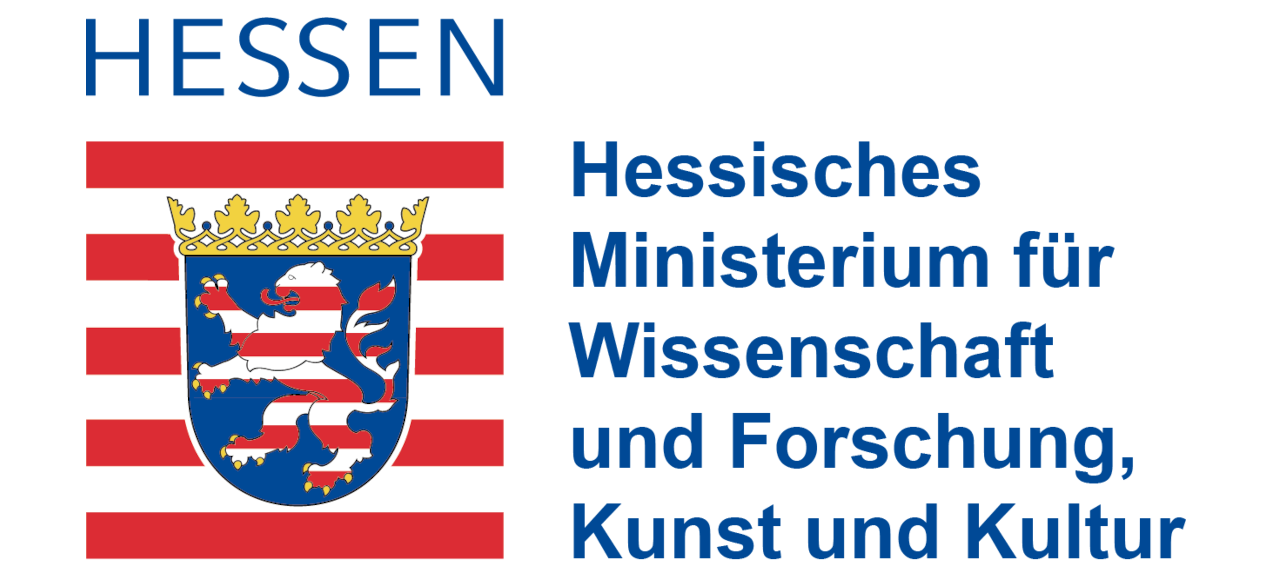01.03.2023 Contributions by HeFDI partner universities at E-Science-Tage 2023 "Empower Your Research - Preserve Your Data"
The E-Science-Tage are an interdisciplinary conference series centered around the topics of research data management and Open Science - with diverse offerings for professional exchange between science and technology,

The E-Science Days are an interdisciplinary conference series focusing on research data management and open science - with multiple opportunities for professional exchange between science and technology. From 1 to 3 March 2023, this year's edition: "Empower Your Research - Preserve Your Data" will take place live in Heidelberg. For the full programme, please follow the link.
The following sessions will be held by HeFDI members:
Presentation "Discipline-specific development of DFG-compliant data management plan templates with examples from NFDI4Chem and NFDI4Ing"
Daniela Hausen, Sabine Schönau (RWTH Aachen University), Gerald Jagusch, David Wallace, Jürgen Windeck (TU Darmstadt)
2 March 2023, 11h30-13h00 Presentation
An important building block for the quality assurance of FAIR data are Data Management Plans (DMPs), which usually cover all important aspects of handling research data. This provides researchers with structured support for data management. However, this support is often still very general and many researchers do not see the DMPs as a benefit, but rather as additional work. This attitude is slowly changing, not least due to the changing requirements of the German Research Foundation (DFG), which adopted a checklist for handling research data in December 2021. This checklist, like other DMP templates, contains very general questions about research data management, divided into six areas. The questions are intended to help researchers think about data management, and the answers are already included in the DFG proposal. This approach focuses on ensuring data quality early in the research process.
To support researchers with checklists and DMP templates, the FDM community is looking at the issue from two perspectives - content and technical. The interaction and development of these two perspectives is of great importance and will be the focus of our presentation.
As an example, we will present the approach taken by the NFDI4Ing and NFDI4Chem consortia to develop an engineering and chemistry specific DMP template with the participation of researchers, and its implementation in the widely used DMP software Research Data Management Organizer (RDMO).
The DMP templates are based on the DFG checklist, which has been made more user-friendly by enriching the individual topic areas. It helps researchers to reflect on their data management not only by asking questions, but also by providing help texts and options to find gaps and opportunities for improvement, thus contributing to quality assurance in data management.
In our presentation, we therefore present
- a possible approach for the development of discipline-specific DMP templates,
- which contents of the DFG checklist can be elaborated in a discipline-specific way,
- the current state of technical implementation in RDMO,
- Possibilities for reuse, adaptation and participation.
In addition, we provide an outlook on the next steps for developing successful DMP services from the perspective of the RDMO working group and the NFDI consortia.
"Collaborative, Decentralized, Online. The FDM Training Concept of the HeFDI Data School"
Stephanie Werner, Andreas Schieberle (Hochschule Darmstadt)
2 March 2023, 14h00-15h30 Lightning Talk
Training in research data management (FDM) is an essential basis for enabling researchers to handle research data competently and appropriately. However, this is a particular challenge for universities of applied sciences (FHs) and universities of cooperative education (HAWs) due to the low capacity of the specialist staff designated for this purpose and the increasing difficulty of recruiting qualified specialists.
While FDM training at HAWs in Hesse up to 2020 has mostly been offered as face-to-face events on site, this format has limited the potential for cross-location collaboration, as participation has often been associated with high travel costs. Practical experience also showed that, despite extensive advertising in other locations, the majority of courses were always attended by doctoral students from the universities offering the courses.
This is where the HeFDI Data School comes in as an online training course from 2020 onwards, in order to meet the increasing demand for further training courses and at the same time to bundle the human resources of the individual HAWs with a Hesse-wide offer, which at the same time offers the advantage of a Hesse-wide standardisation of competences. Positive experiences from the pandemic-related online cooperation have encouraged planning in this respect. The training courses, which were initially planned as a relief for the staff of the HAW, have now been opened up to all educational institutions in the state of Hesse.
The training programme is divided into modules. The modules of this year's data school are divided into six basic modules and six focus modules, which take place at two-week intervals.
The basic modules are designed to teach the basic structures of data management while providing a low-threshold approach to the subject without assuming too much prior knowledge. This has resulted in modules on core elements of FDM such as data management plans, legal basics and data organisation.
The additional focus modules cover more specific topics as needed - a result of the evaluation of the first Data School round in 2020/21. These include versioning with git, dealing with qualitative social science data, or an introduction to electronic lab books.
This gives FDM lecturers at the individual locations the flexibility to address topics that are particularly relevant to their research groups. Through the state initiative HeFDI, there is already a high degree of networking of FDM activities in Hesse. At the same time, the individual players have (subject-)specific experience and competences that make it possible to cover a broad spectrum of workshop topics. The resulting synergy effects enable an effective dissemination of expert knowledge on FDM-relevant topics among researchers.
All modules take place online via videoconferencing, allowing for cross-institutional participation. Although the modules have been designed in a logical sequence, it is also possible to attend individual modules.
Each module is evaluated by the participants after its completion in order to allow for quality assurance or improvement.
The HeFDI Data School is primarily aimed at PhD students and research assistants, as they are usually at the beginning of their careers and can be expected to be highly motivated and in need of knowledge, but students and professors who are interested in the topic can also attend the events.
The lightning talk will highlight the advantages, but also the hurdles and added value of this collaborative format and give a brief summary of the events held so far.
"Using customized metadata profiles to create validated and sustainable research data."
Matthias Grönewald (TU Darmstadt)
2 March 2023, 14h00-15h30 Lightning Talk
Modern research data management, especially in the context of authoritative digital data, increasingly involves the integration of rich, machine-readable metadata. In the context of reproducibility and reuse, or more generally to ensure scientific quality. Existing standards generally include only descriptive metadata and do not meet this requirement; richer metadata schemas are generally not standardised or machine-readable. However, subject-specific metadata is necessary to document research accurately and comprehensively. The workflows and tools to enable such documentation are not yet fully available. One promising approach is the use of metadata profiles, which allow highly specific terminologies to be transformed into flexible and interoperable metadata descriptions based on existing community standards. Based on established technologies such as RDF and SHACL, as well as platforms and services within various NFDI consortia, metadata profiles provide a solution for the design and processing of complex, machine-readable, and ultimately FAIR metadata, which is already required in many research domains.
This paper uses a research example to demonstrate data validation using metadata profiles based on controlled vocabularies. This process can then be used at almost any point in the life cycle of research data. It can be used during the research process in the context of data generation and analysis, after completion in the context of data archiving and publication, and finally by third parties to find an easier way to evaluate the research data for subsequent use. Using a simple engineering use case, we will show what such a concrete implementation looks like, using sensor data as an example, and what the possibilities are for data analysis and archiving processes.
Currently, there are several efforts to develop and establish standards for research metadata collection, but most of them promote fragmentation of FDM structures, as little consideration is given to existing communities, initiatives or technological sustainability in general. We will therefore conclude by briefly outlining the context of this use case and the wider FDM landscape in which it fits. Only the combination of practical involvement in the current research landscape together with the implementation of the concept in various FDM projects, initiatives and tools will allow synergies and collaborations that are important foundations for standardisation.
In line with the conference theme, we want to show how metadata profiles and their use for data validation can strengthen research through higher data quality and add value to the sustainable preservation of research content through more specific documentation.
"The "ELN Finder" - a new web service around electronic lab books"
Birte Lindstädt (ZB MED - Informationszentrum Lebenswissenschaften), Gerald Jagusch (TU Darmstadt)
2 March 2023, 14h00-15h30 Lightning Talk
The new "ELN Finder" service supports the selection of a suitable electronic laboratory notebook for specific application scenarios.
A common problem for researchers and FDM staff is to keep track of the large market of Electronic Laboratory Notebook (ELN) software in order to select a suitable ELN software or service for their own laboratory or institution. Until now, there has been no continuously maintained and as complete as possible overview with detailed information on the individual products, neither on a national nor on an international level. This gap is now filled by the ELN Finder (https://eln-finder.ulb.tu-darmstadt.de). The "ELN Finder" is a web service that assists in the selection of a suitable electronic laboratory notebook and considerably simplifies the otherwise very time-consuming search. It is available in English.
This is the current version of the ELN Finder: Using a sophisticated metadata scheme, more than 40 filter criteria are available, which in turn are divided into clearly arranged categories. The results list of the identified ELN tools is displayed in an overview and contains short descriptions of the individual tools. The ELN Finder currently contains detailed and up-to-date information on around 20 different ELN software systems. Editorial procedures have been developed and tested for further expansion and ongoing maintenance of the database. The service is also intended to facilitate networking between users of the same system and the exchange of experience.
The "ELN Finder" is organised by the ZB MED - Information Center Life Sciences, the editorial team consists of numerous experts and users of ELN tools from all over Germany. The technical implementation as a web service is carried out by the University and State Library (ULB) Darmstadt, based on the open source software DSpace7.
The team behind the ELN Finder has close links with many of the relevant NFDI consortia and sees itself as a co-designer of the NFDI.
The Lightning Talk introduces the new service and the editorial and technical processes behind it, describes future plans and invites editorial collaboration.
"Recommendations for the Implementation of Data Management Plans at Universities for the FAIR (Post)Use of Research Data."
Mirjam Blümm, Katharina Fritsch (TH Köln), Stefan Schmunk, Stephanie Werner, Andreas Schieberle (Hochschule Darmstadt), Heike Neuroth, Christine Burkart, Maria Chlastak (Fachhochschule Potsdam)
2 March 2023, 16h00-17h30 Postersession
Good scientific practice requires responsible research data management (FDM), for which data management plans (DMPs) can serve as a basis. DMPs specify concrete requirements by asking specific questions, such as whether the data comply with the FAIR and CARE principles, and thus ensure that data can be found, keyworded, and described in a comprehensible way for as long as possible and thus made usable. They also contain a systematic description of how to handle research data during the life of a project, right up to its end. They are therefore relevant for the entire life cycle of the data. DMPs thus not only offer the advantage of improved knowledge management, but also ensure greater transparency.
Universities of Applied Sciences (UASs) and Universities of Applied Sciences (HAWs) face major challenges in the implementation of FDM and DMP, as they have so far had little access to established infrastructures, standards and best practices from their characteristic practice-relevant disciplines, subjects and collaborations. In addition, FHs/HAWs carry out a large number of projects together with practice partners, e.g. from business or administration, which have their own needs and certainly also reservations (e.g. of a legal, competition-specific, administrative as well as economic nature). Such special framework conditions require specific solutions and own concepts for FDM and thus also for DMP.
The SAN-DMP project addresses precisely these problems, investigates the requirements of various stakeholder groups for DMPs, and develops proposed solutions. Using qualitative methods, evidence-based implementation scenarios and recommendations for action for FDM are created that are tailored to the essential needs of this type of higher education institution.
To this end, previously published DMPs, templates, and guidelines were analyzed and guided group interviews were conducted with nine stakeholder groups. Three stakeholder groups come from the field of practice partners (business, media, culture/administration), three from the field of research and teaching (research projects, teaching staff, students) and three from the field of research support (library, computer center/IT, research service). Due to the heterogeneous constellation, a broad spectrum of contexts of experience and practical references is available, in which regional and supra-regional phenomena are addressed at the same time.
The research design used allows for the following: (1) elaboration of the needs of the different stakeholder groups for DMPs and identification of requirements, opportunities as well as specifics, (2) identification of core elements of a DMP that can be defined as a minimum consensus across industry and sector boundaries, (3) evaluation of complementary contextualizing structural elements of a DMP from the perspective of specific stakeholder groups. The analytical comparison within and between the respective stakeholder groups of the three universities - TH Köln, FH Potsdam & Hochschule Darmstadt - forms the basis for a methodical-reflexive mapping of gaps, hurdles and needs for DMPs and provides an insight into the reality of DMP use. The developed recommendations and implementation scenarios can be adapted for other FHs/HAWs. The project aims to stimulate knowledge exchange and to link to current discussions, for example in the context of the National Research Data Infrastructure. The poster summarizes the results of the project and presents them for discussion.
"Publishing Social Science Panel Data via FDZ - An Experience Report"
Robert Werth (Frankfurt University of Applied Sciences), Daniel Fuß (Leibniz-Institut für Bildungsverläufe)
3 March 2023, 10h45-12h15 Presentation
Robert Werth (Frankfurt University of Applied Sciences) and Daniel Fuß (Leibniz Institute for Educational Pathways) will be speakers on the panel.
Contact
Dr. Ortrun Brand
Tel.: 06421-28-24310
Mail: hefdi@uni-marburg.de
HeFDI-Geschäftsstelle
an der Philipps-Universität Marburg
Biegenstr. 36
35032 Marburg
